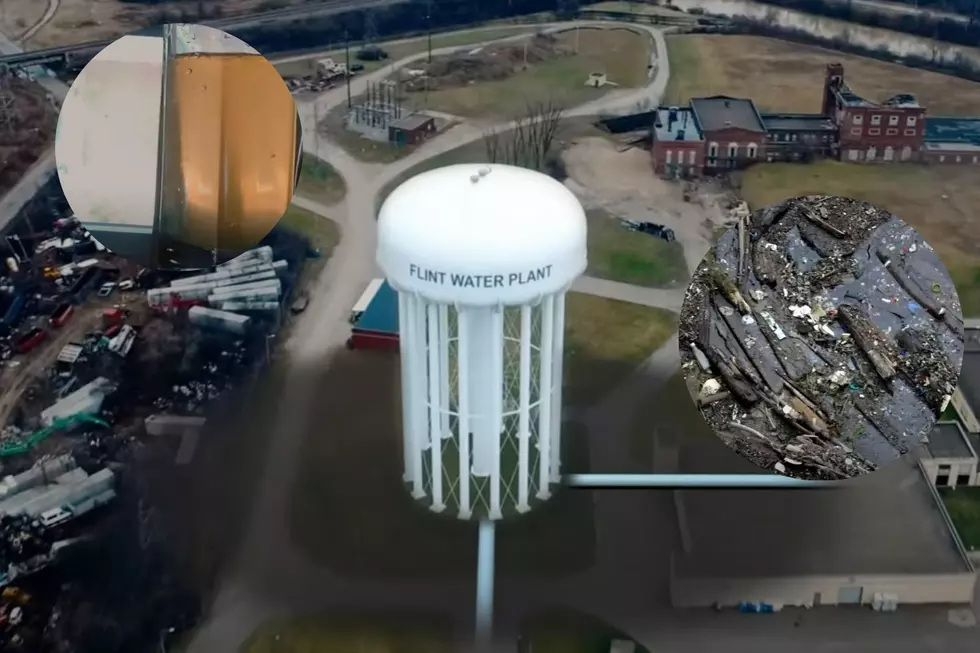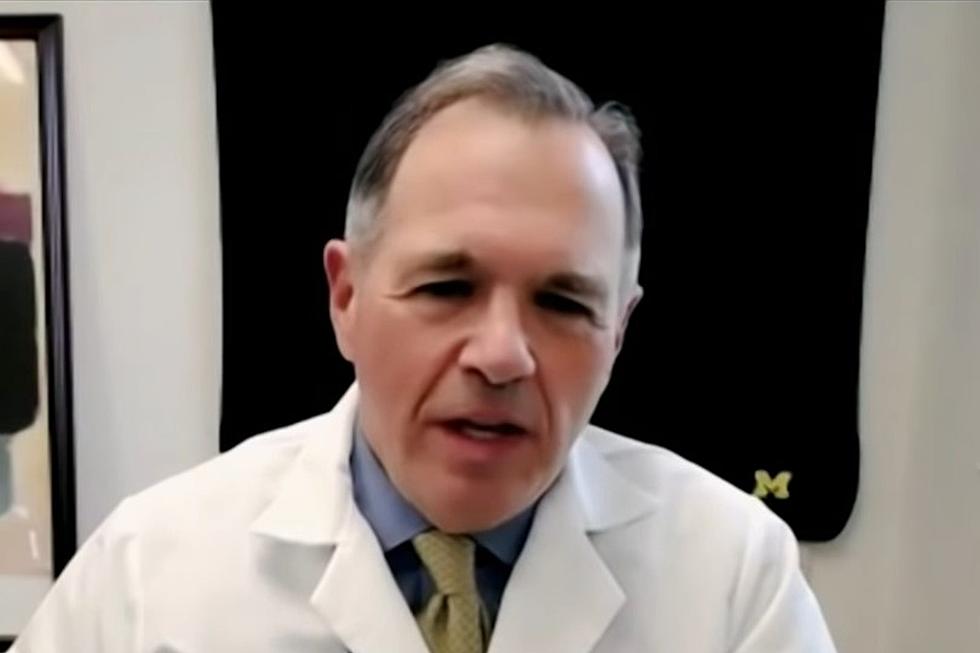![Dr. Mona Says Coronavirus is Perpetuated by Flint Water Crisis [VIDEO]](https://townsquare.media/site/87/files/2020/05/Dr-Mona-talks-impact-of-Coronavirus-on-Flint.jpg?w=980&q=75)
Dr. Mona Says Coronavirus is Perpetuated by Flint Water Crisis [VIDEO]
Wash your hands. It sounds simple enough, and handwashing has been regarded as one of the most important things we can do in order to mitigate the spread of coronavirus to others.
But Dr. Mona Hanna-Attisha says it's not that simple in a city like Flint, where safe drinking water has been scarce for years.

In an interview with PBS News Hour, the Flint pediatrician who discovered a link between Flint's tainted water supply and high levels of lead in children, says there is a disparity between the number of people impacted by COVID-19 in Flint and the rest of Genesee County.
"Why is this happening, why are we seeing these disparities? We absolutely cannot rule out the water crisis," Hanna-Attisha said. "In Flint and also in Detroit, many families -- up to 5,000 families in Flint could not even wash their hands. They did not have running water to wash their hands."
Dr. Hanna Attisha went on to say that the Flint water crisis has made the coronavirus pandemic more complicated for people who have a lot of risk factors for health and development.
"Now we have this pandemic which creates significant gaps in education, nutrition, and healthcare," she said. "Our kids can't go to high-quality childcare anymore, they can't participate in literacy services. All these things that we've put in place to buffer, to mitigate the impact of the water crisis with the lead exposure are gone right now."
She went on to say that there's an ongoing distrust in government leaders' ability to navigate the pandemic, which is perpetuated by the poor handling of the city's water crisis.
READ MORE: 50 resources to help you educate your kids at home
More From Cars 108









